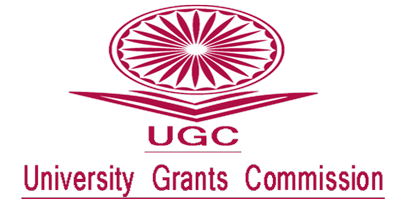Indigenous wisdom for sustainable mountain agriculture in the eastern Himalayas (Meghalaya)
Keywords:
Hill farming, Rain water harvesting, Soil and water conservation, Traditional wisdom, Traditional cropping systemsAbstract
Sustainable hill farming necessitates a balance between economic growth and environmental protection. Due to unsustainable hill farming, the mountain ecosystem in north-east India (NEI) is now at greater risk of soil erosion and degradation. The adoption rate for advanced watershed engineering and mechanical measures (WEMM) among resource-poor hill farmers is extremely low. WEMM's high initial investment, extremely skilled approach, and the challenge of maintaining it postproject period are the reasons for this. Despite low productivity, tribal hill farmers in some parts of the region have been able to maintain natural resource conservation and livelihood security by using generations of old indigenous traditional knowledge (ITK) and wisdom. Without proper documentation, the eco-friendly ITK-based indigenous hill farming and soil water conservation wisdom in the region will disappear with time. Documenting these ITKs and age-old practices can help us refine present-day agricultural practices for better location-specific field-scale adaptability and land productivity while conserving and sustaining natural resources in mountain ecosystems. This study documented some of the most commonly used ITKs for hill farming, including rain water harvesting and soil and water conservation (SWC) practices from one of the most prominent crop-growing hill districts (>1800 m mean sea level) in Meghalaya, i.e. east Khasi hills. Through surveys, field visits, personal interviews, semi-structured interview schedules, focus group discussions, and observation methods, information was gathered. Scientifically validating and refining these documented ITKs and farming wisdom can enhance the adaptability of mechanized yet sustainable farming practices on a large-scale basis. This could help develop sustainable technologies to enhance low productivity and conserve natural resources in the hilly ecosystems of the Northeast and other Himalayan ecosystems.







